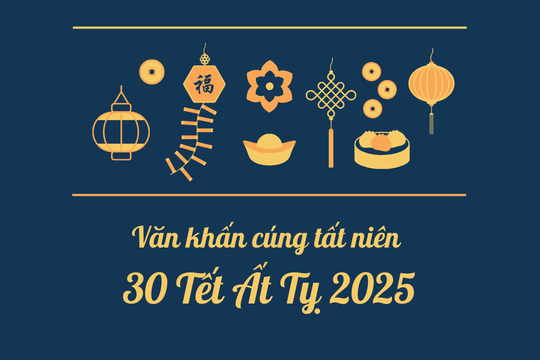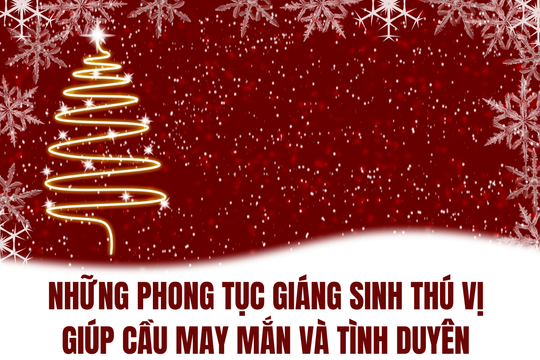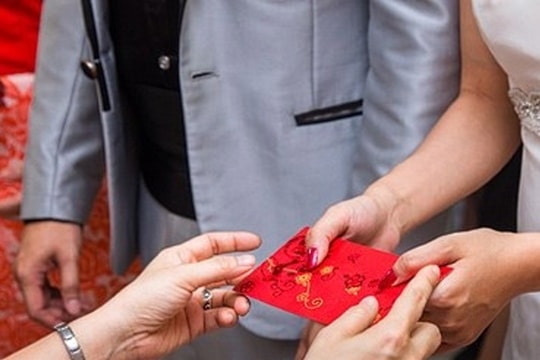Wearing discs on lips, running naked on the back of cows, "hypnotic dance"... are unique traditions preserved for hundreds or even thousands of years across Africa.
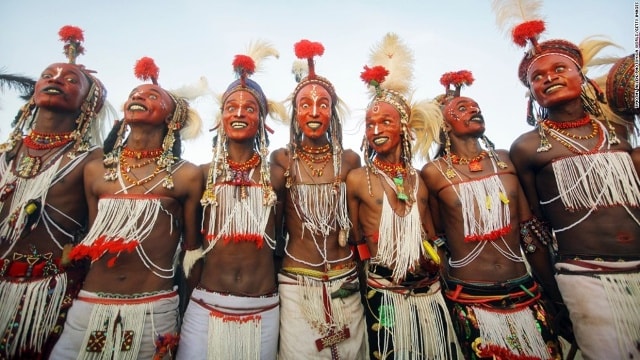 |
| At the end of the rainy season in the Lake Chad region of northern Niger, the Wodaabe people gather for a “herdsman festival” called Cure Salee. The festival centers on a male beauty pageant and a “courtship ritual.” Young men, often herders, are adorned with makeup, jewelry, and their best clothes, and await the judgment of the women attending the ceremony. White teeth and white eyes are prized, so participants strive to smile broadly and express their emotions. The prize for the best courtesan is a night with one of the judges. |
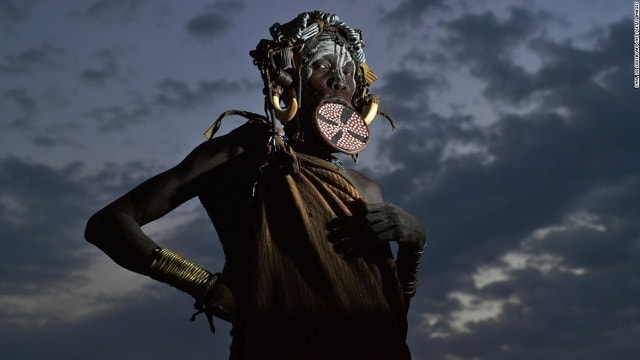 |
| Some Mursi women in Ethiopia’s Omo Valley wear circular plates on their lips called dhebi a tugion. Archaeologists say the practice of wearing lip plates in this region dates back 30,000 years. According to archaeologist Jerrome Lewis of London, this is a modified body part that people consider the most beautiful. The middle of the lip is cut open to insert a small round piece of wood, which is then replaced with a larger one. When the hole is wide enough, a decorated ceramic plate is inserted and left in place for many years. The diameter of a plate can reach 19.5 cm. |
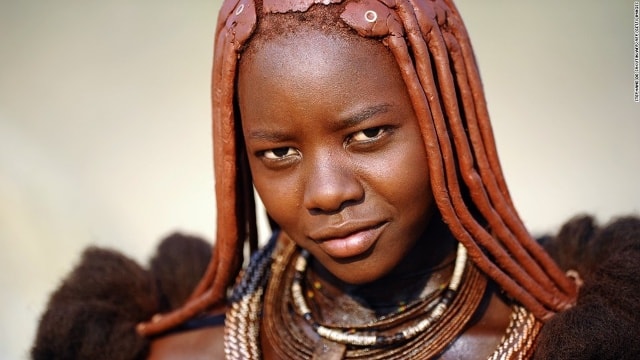 |
| The women of the Himba tribe in northern Namibia are famous for their elaborate red hair, which is made from a sticky mixture of butter and red earth called otjize. They apply the mixture to their hair and skin every day. Otjize is considered a sunblock and insect repellent, but the Himba women actually use it for cosmetic reasons. |
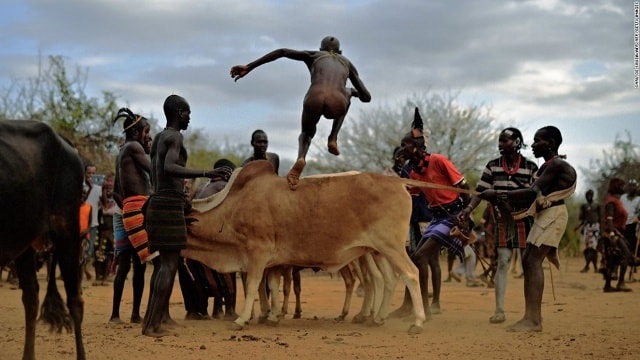 |
| Young men from the Hamar tribe, also in the Omo Valley, run naked on the backs of bulls to pass the rite of passage into adulthood. They must do this four times before they are allowed to marry. Those who slip and fall are not considered adults. |
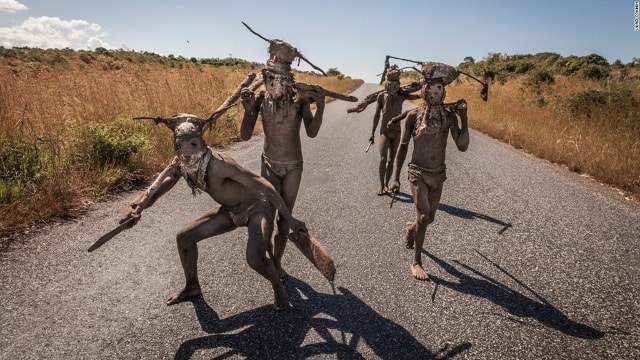 |
| Women in Bantu-speaking tribes in Zambia, Zimbabwe and Mozambique have the right to inherit land and property from their mothers. However, these are still male-dominated and patriarchal communities. |
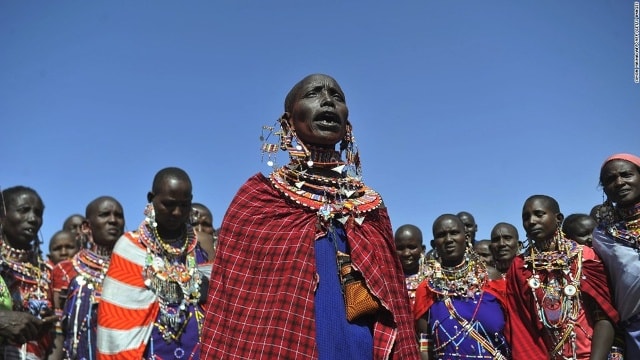 |
| Saliva is an important part of the life of the Maasai people of East Africa. Saliva is considered a blessing. Spitting saliva is a blessing and gives strength to the recipient. When a person leaves a certain land, elders will come and spit on their head to wish for a safe and smooth journey and everything they do. |
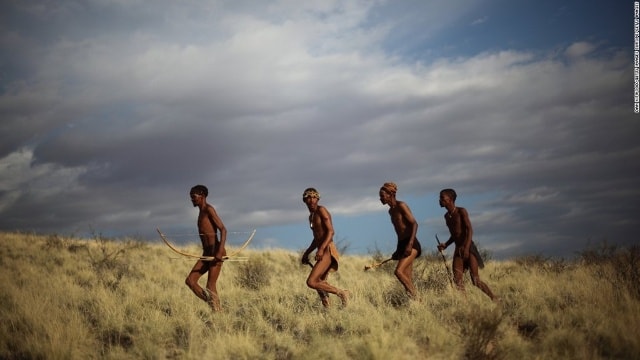 |
| According to researchers, the San people of North Africa, Botswana, Angola and Namibia are the oldest people in the world. This tribe is famous for its “hypnotic dance”. The whole community will gather together, under the guidance of elders and healers. They dance around the fire, mumble something and breathe deeply until they fall into a trance. It is believed that this is a way to communicate with the spirits of ancestors and heal the participants. |
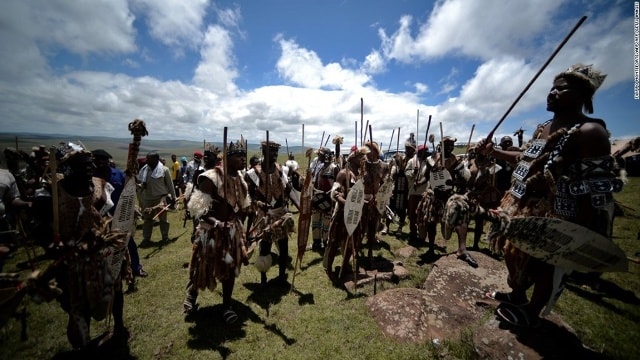 |
| Dowry pricing is practiced by many Bantu-speaking tribes in South Africa, Zimbabwe, and Swaziland. Dowries come in various forms, including money and livestock. In 1998, the late South African President Nelson Mandela was forced to pay 60 cows as a dowry to his future wife’s family. This practice is also controversial. A man who wants to marry must own cattle, so he must work for them until they are big enough and often wait until he is 40 to marry, resulting in women being left too old to marry. |
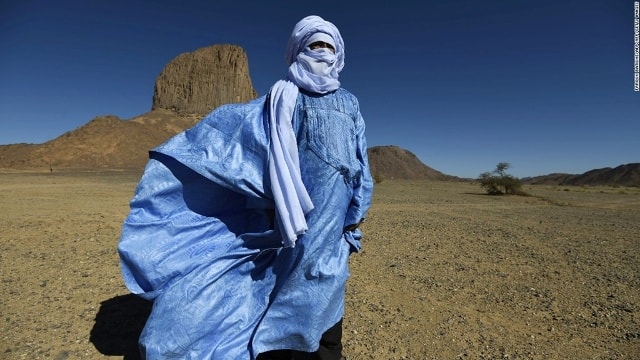 |
| The Tuareg are the only people in the world where men, rather than women, wear veils. They live in the Sahara desert in North Africa. The men who wear veils that cover their entire heads are known as the “blue men of the desert.” The name refers to the headscarves themselves, dyed with blue indigo. The Tuareg use them to protect themselves from the sun and sand, but they wear them at night and even during meals. The men cover their faces with strangers and women, while women are free to show their faces. |
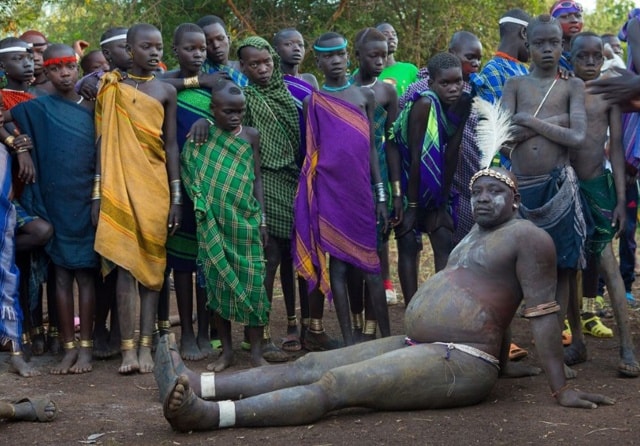 |
| The Bodi Lunar New Year takes place in June or July each year in the Omo Valley of Ethiopia. In the months leading up to the event, men seclude themselves and drink a mixture of cow’s blood and milk to become fat and heavy. Each tribe sends one unmarried man to compete for the title of fattest man. The winner has a better chance of getting married than the others. After the festival, they return to their normal size within a few weeks. |
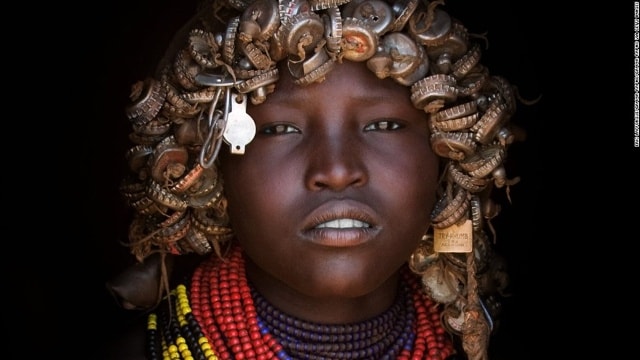 |
| A woman from the Dassanech tribe in Ethiopia’s Omo Valley, bordering Kenya, recycles trash, notably weaving bottle caps into metal hats that make an unpleasant sound when they move. Some even wear watches and other discarded jewelry on their heads to attract attention. |
According to Zing












